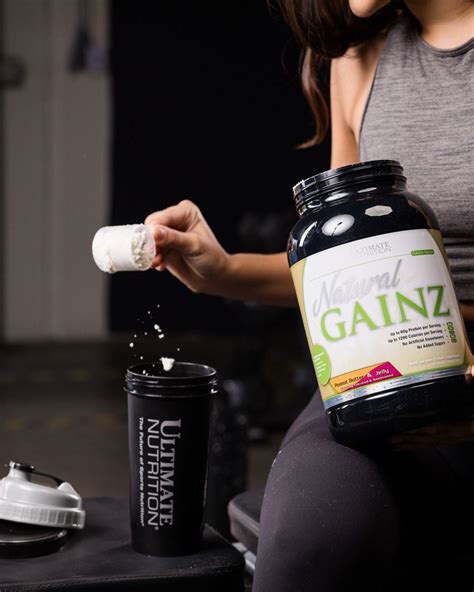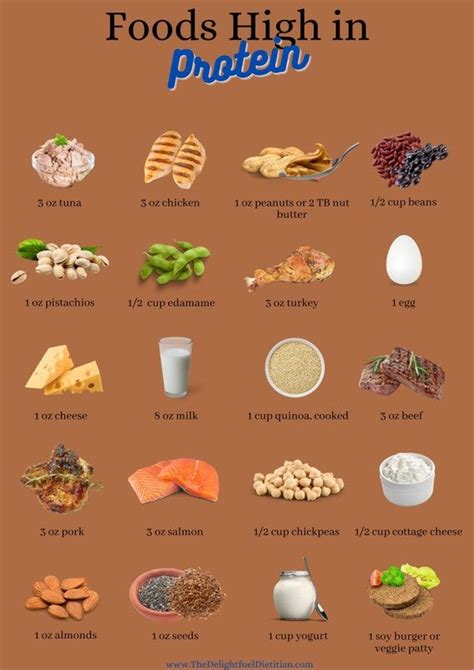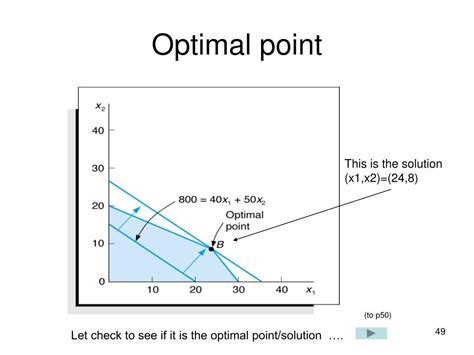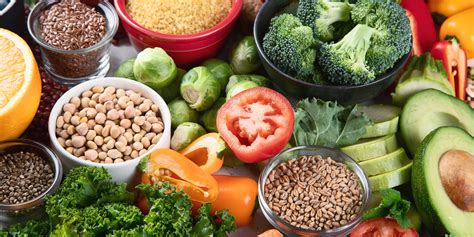Optimal pre-workout nutrition for peak energy & focus?

Stepping into the gym or starting a training session requires more than just willpower; it demands proper fuel. What you eat before a workout can significantly impact your energy levels, focus, endurance, and ultimately, your performance and results. Optimal pre-workout nutrition isn’t about magical supplements; it’s about providing your body with the right macronutrients at the right time to power your efforts.
Understanding the Fuel: Why Pre-Workout Matters
Your body relies on energy to perform any physical activity. This energy primarily comes from the food you consume, particularly carbohydrates, fats, and proteins. Before a workout, the goal is to top up your glycogen stores (carbohydrates stored in muscles and liver) and ensure a steady supply of glucose for immediate energy, while also protecting your muscles from breakdown.
A well-timed pre-workout meal or snack can prevent fatigue, improve strength and power output, enhance mental focus, and even reduce post-exercise muscle soreness. Conversely, poor pre-workout nutrition can lead to sluggishness, nausea, cramps, and suboptimal performance.

The Macronutrient Breakdown: What to Eat
Carbohydrates: Your Primary Energy Source
Carbohydrates are your body’s preferred source of energy during exercise, especially high-intensity activities. They are broken down into glucose, which is used immediately or stored as glycogen. For pre-workout, focus on complex carbohydrates that provide a sustained release of energy, and simple carbohydrates for quicker fuel if consumed closer to your session.
- Complex Carbs (1-3 hours before): Oatmeal, whole-wheat bread, brown rice, sweet potatoes, quinoa.
- Simple Carbs (30-60 minutes before): Fruit (banana, apple), a small amount of fruit juice.
Protein: Muscle Protection and Satiety
While carbohydrates provide the energy, protein is crucial for muscle repair and growth. Consuming protein before a workout can help prevent muscle breakdown during exercise, support recovery, and contribute to satiety without feeling heavy.
- Good Sources: Greek yogurt, eggs, lean chicken, turkey, cottage cheese, protein powder.

Fats: Sustained Energy for Longer Sessions
Fats are an essential macronutrient, but they are less critical for immediate pre-workout energy, especially for shorter, high-intensity workouts, due to their slower digestion rate. For longer, lower-intensity activities, a small amount of healthy fats can provide sustained energy. However, too much fat close to a workout can cause digestive discomfort.
- Healthy Sources (consumed 2+ hours prior): Avocado, nuts, seeds, nut butter.
Timing is Everything: When to Eat
The timing of your pre-workout meal is almost as important as its content. Eating too close to your workout can lead to digestive issues, while eating too far in advance can leave you running on empty.
- 2-3 Hours Before: A balanced meal containing complex carbohydrates, lean protein, and a small amount of healthy fats. This allows ample time for digestion and nutrient absorption.
- 1 Hour Before: A smaller snack, primarily focusing on easily digestible carbohydrates and a little protein.
- 30 Minutes or Less Before: Opt for simple carbohydrates that provide quick energy, like a banana or a small handful of berries. Avoid anything heavy or high in fiber/fat.

Hydration: The Unsung Hero
Don’t underestimate the power of proper hydration. Even mild dehydration can impair performance, reduce focus, and increase the risk of fatigue. Drink plenty of water throughout the day, and aim for 16-20 ounces of water 2-3 hours before your workout, and another 8-10 ounces 30 minutes prior.
Optimal Pre-Workout Food Combinations
Here are some effective pre-workout snack and meal ideas:
- 2-3 Hours Before: Oatmeal with berries and a scoop of protein powder; whole-wheat toast with scrambled eggs and avocado; chicken and sweet potato.
- 1 Hour Before: Greek yogurt with a small banana; a handful of almonds and an apple; a small rice cake with peanut butter.
- 30 Minutes Before: A banana; a few dates; a small amount of fruit juice (e.g., orange juice).

Foods to Limit or Avoid Pre-Workout
To prevent discomfort and energy crashes, it’s generally best to limit or avoid:
- High-Fat Foods: Fried foods, greasy meals, heavy sauces (slow to digest).
- High-Fiber Foods: Large portions of fibrous vegetables or legumes (can cause bloating/gas).
- Excessive Sugar: Candies, sugary drinks (can lead to energy spikes and crashes).
- Spicy Foods: Can cause heartburn or indigestion.
Listen to Your Body: Personalizing Your Approach
Everyone’s digestive system and energy needs are unique. What works perfectly for one person might not work for another. It’s crucial to experiment with different foods and timings to find what makes you feel best and performs optimally. Pay attention to how your body responds and adjust your pre-workout nutrition accordingly.

Conclusion: Fuel Smart, Train Hard
Mastering optimal pre-workout nutrition is a cornerstone of effective training. By strategically fueling your body with the right balance of carbohydrates, protein, and healthy fats, and paying attention to timing and hydration, you can unlock peak energy, enhance focus, and push your limits in every workout. Remember, consistency and personalization are key to finding your perfect pre-workout strategy.









